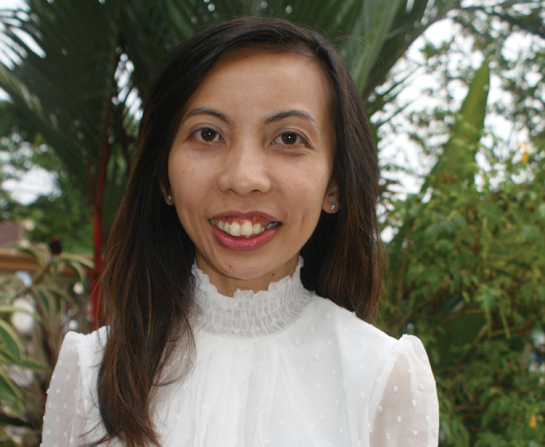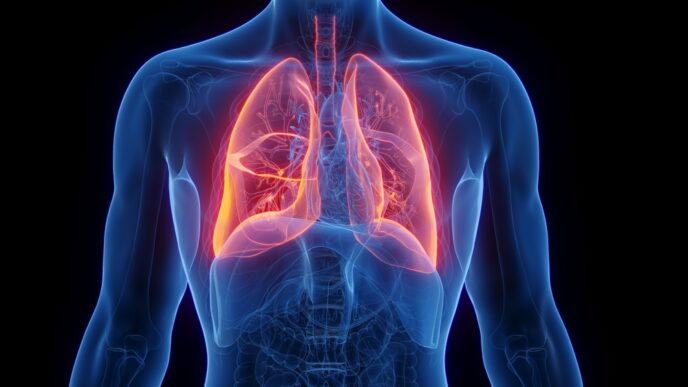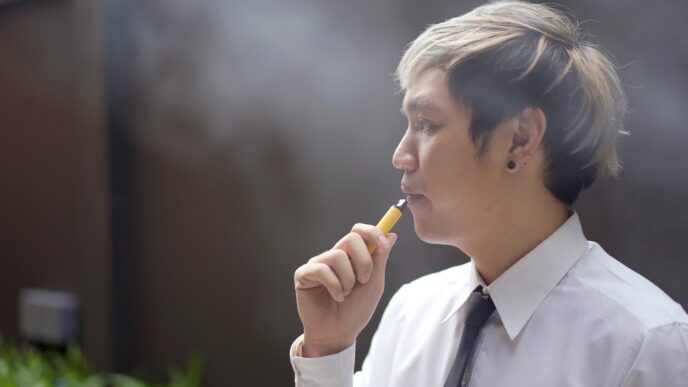It is a frightening thought that you can lose full control of your mobility overnight, remain immobile for months – even years – later on, having to relearn how to stand on your own feet. For Sherrie Razak Dali, such fear became a reality during her childhood when she became paralysed from Guillain-Barre Syndrome (GBS) during her childhood. “I remember it was around the Hari Raya of 1994, and we just came home from visiting some relatives. I woke up from a nap and my legs felt heavy. I thought I was just too tired, so I went back to sleep. When I woke up again, I couldn’t move and started to panic,” the 33 year-old lawyer recalled.
COMPLETE PARALYSIS
GBS is a rare autoimmune disorder affecting the peripheral nervous system. The body’s immune system, which is supposedly responsible for fighting off diseases, begins attacking the nerves that connect the limbs and organs to the central nervous system. This disrupts the transmission of signals between the body and brain, thus causing complete physical paralysis.
Seeing that Sherrie was unable to move, her father immediately rushed her to the nearest clinic. “I had to be admitted to a hospital, and by that time, I couldn’t even sit up.” she recalled. Thankfully, Sherrie’s breathing and ability to speak were not affected at all, unlike some cases of GBS in which the paralysis causes the lungs to collapse.
Because GBS is such a rare condition that affects approximately one in every 100,000 people in the world, not every hospital is capable of dealing with it. . Sherrie’s condition left the neurologists at the hospital at their wit’s end, trying to figure out what could have suddenly made a healthy 12 year-old immobile. Fortunately for Sherrie, an answer came when her aunt – who was a medical doctor – told her parents over the phone that her symptoms could be those of GBS.
Despite three months of hospitalisation and being put on various medications, Sherrie’s mobility did not return. “I just couldn’t move from neck to toe, not even a twitch. The doctors told my parents that there is nothing much they could do. The only thing they could suggest was physiotherapy,” she recounted.
Following her discharge, Sherrie was referred to a few experts in the neurology field. “I went through hydrotherapy, which consists of exercises done in the water, physiotherapy and even electric shock treatment to reactivate the muscles. Basically, the next two years of my childhood was spent going in and out of hospitals.”
REGAINING INDEPENDENCE
The road to recovery from GBS varies for each individual, ranging from a few weeks to a few years. Sherrie described her own experience as a process of adapting to living with disabilities, “It took a long time before I could sit up, and I couldn’t eat on my own. You basically have to learn everything again; learn how to walk, how to write, and even going to the bathroom on your own. Even a simple task like bathing yourself takes so much effort.”
Sherrie considers herself blessed to be surrounded by people who showed her the needed love and support throughout her recovery. Her mother took unpaid leave for more than a year to care for her, and, knowing how Sherrie loves to read, persuaded her to go for therapies with the promise of buying her new books if she did.
By the time she turned 15, Sherrie was able to walk again, even though she was still too weak to run. That did not stop her from learning how to skateboard with the help of some well-meaning friends and her parents’ approval.“My parents could have asked me to stop out of worry, but they allowed it and were surprisingly encouraging!”
Regular hospital visits and therapies kept her away from her studies, but thanks to the support of her teachers, Sherrie’s academic future was not compromised. “They offered to apply for extended time and an individual examiner when I sat for my UPSR exam. So, I managed to take the exam and passed,” she said.
LIVING IN THE PRESENT
By the time Sherrie was in her second year of university, she was able to cease all medications and therapy.
Now a lawyer, some traces of GBS still remains. Although she is able to regain her full mobility and independence, she explains, “Even now, my right arm is weaker. I am unable to raise my right thumb and wrist on my own. But I can drive and I can carry my large document bags to court.”
Not letting a minor after-effect of her condition get in her way, Sherrie learned to work around her physical limitations, “I’m right-handed; write and draw with my right hand, but I can paint and I type with my left. So, I am quite ambidextrous.” In fact, to the amazement of those who worked with her, she is able to finish typing up lengthy legal documents in a matter of a few hours, with only her left hand operating the keyboard!
Her efforts to overcome the literally crippling limitations caused by GBS have taught Sherrie the value of humility and kindness. Most importantly, she has learned to appreciate the simple things in life, and to cherish those people who are always there for her. Her struggles with this debilitating condition have also made her sensitive to the needs of others living with GBS and other disabilities.
Hence, when she was approached by the American-based GBS/CIDP Foundation International to be their liaison in Malaysia four years ago, she gladly welcomed the opportunity. “It is the least I can do. I feel that I can help the families of patients, having known first-hand how harrowing having GBS can be,” Sherrie explained.
She also would like to encourage GBS survivors to be more vocal about their experiences, “I have met a number of former patients throughout the years, but not many of them would share their stories. Perhaps GBS is not as common as cancer, so survivors prefer to move on once they recover and don’t feel the need to talk about it. Yet, it can happen to anyone, any time, any place and at any age. It is not hereditary or contagious; it happens randomly, with sudden and immediate effects.”
For Sherrie, life goes on. She opened her own firm a few years ago. While she may be successful, she abides by the simple principle of cherishing the present.
“As much as I am positive, I can be quite morbid,” she said with a laugh. “I just want to do what I can for other people, whether it is through my law practice or by helping the disabled. I try not to dwell on what tomorrow holds, as life can be so uncertain. You don’t realise what you have until it is gone. There is a lot of pain and suffering in the world, and while it is impossible to help everyone, we can always do our part.”
The GBS/ CIDP Foundation International is an organisation committed to helping those whose lives are affected by Guillain-Barre Syndrome/ Chronic Inflammatory Demyelinating Polyneuropathy (GBS/CIDP). For more information and to contact a liaison, visit their website at www.gbs-cidp.org[mr1].













